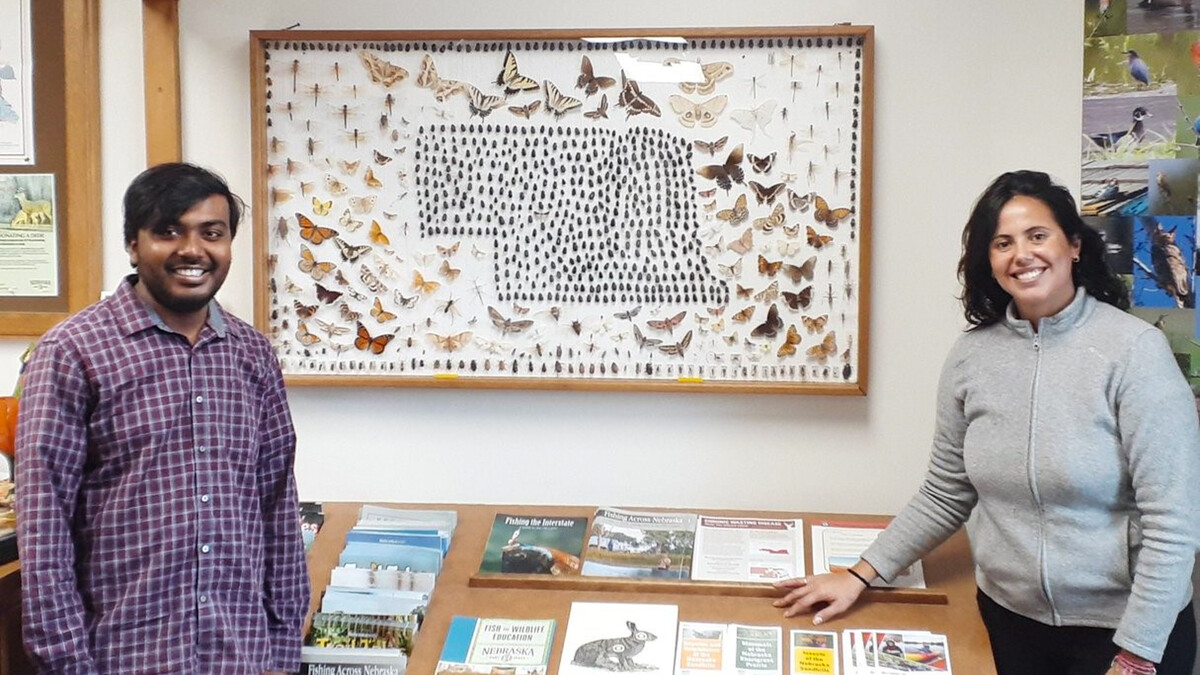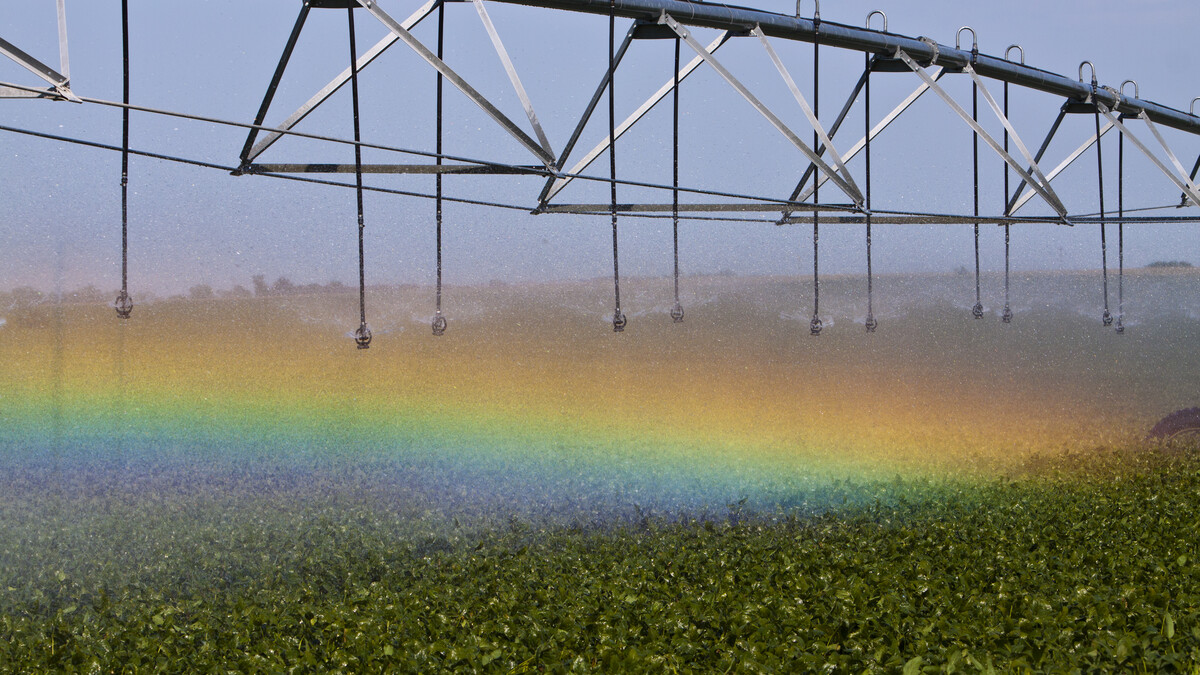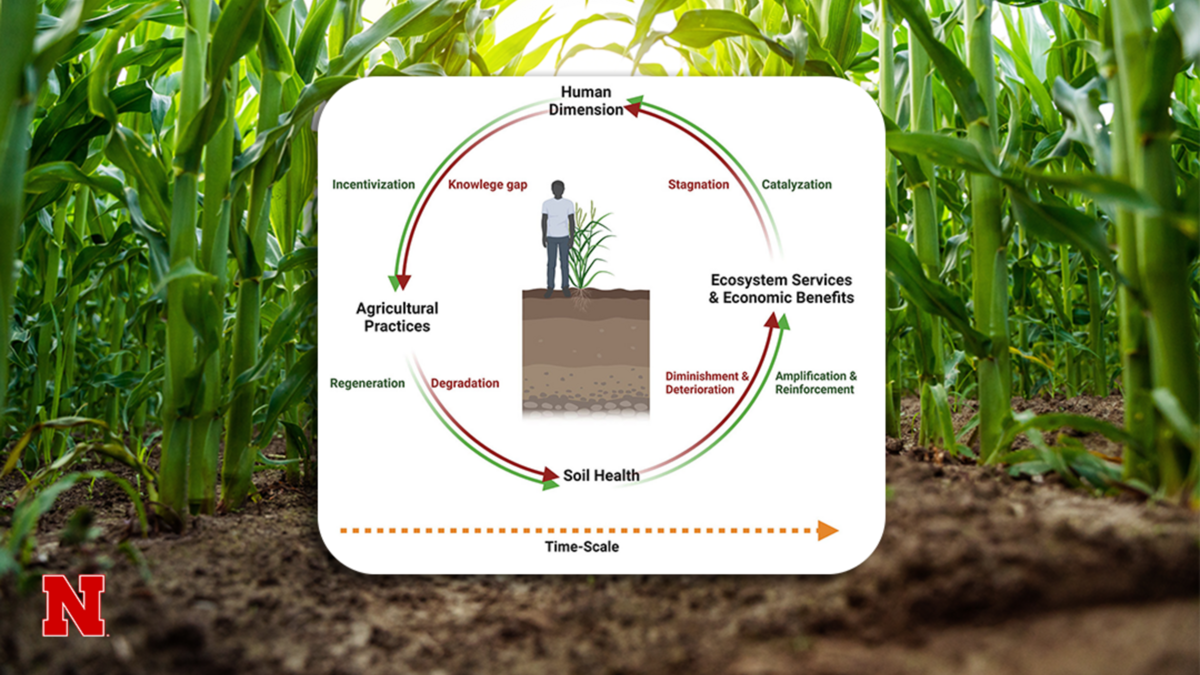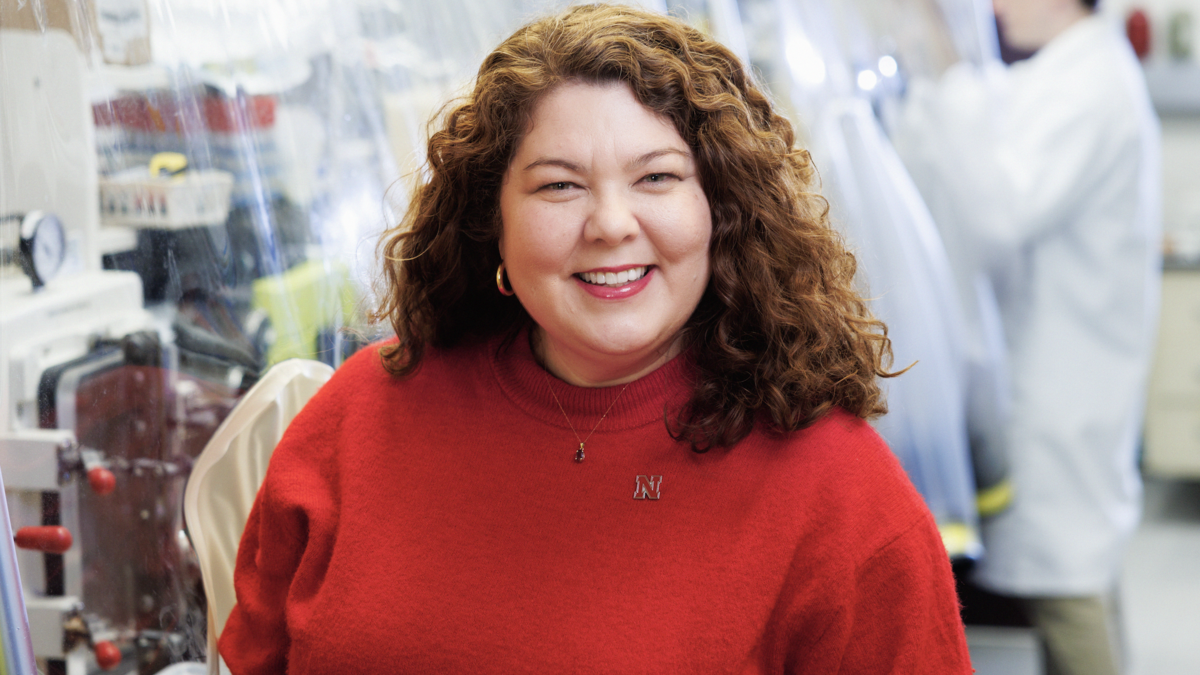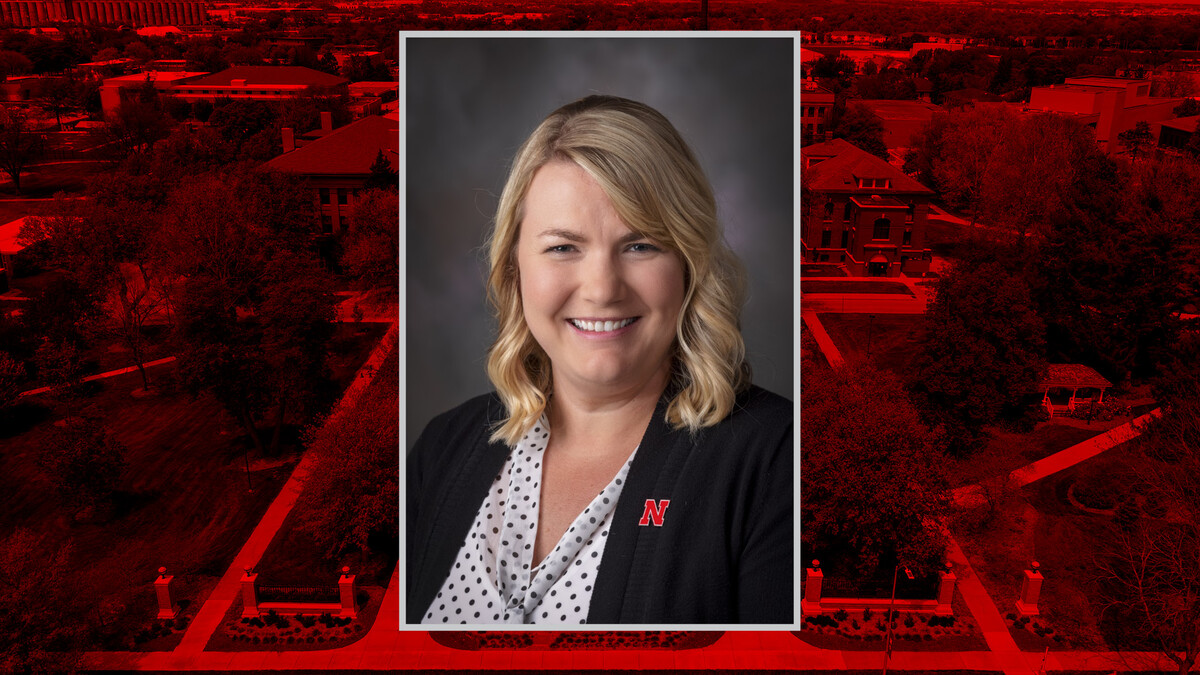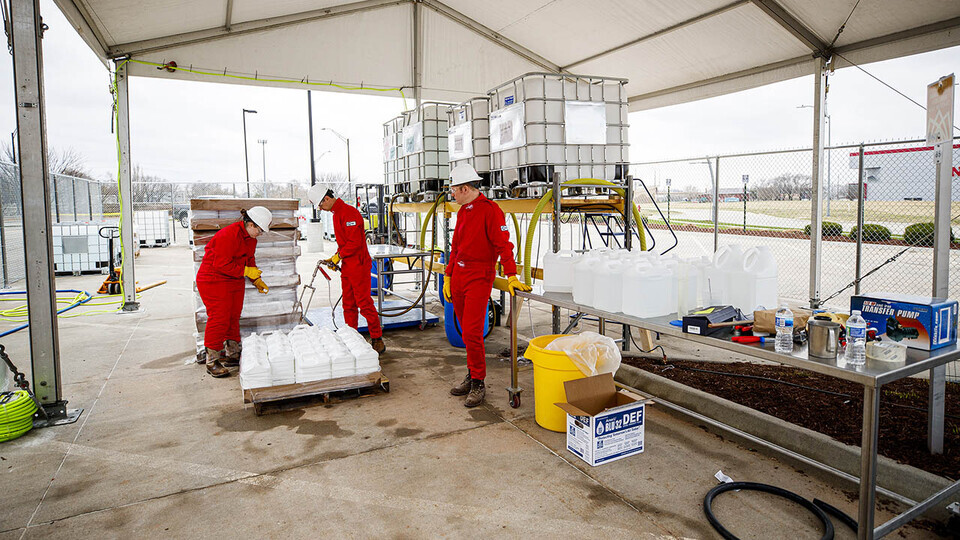
Lincoln, Neb. —Food safety inspectors employed by the USDA’s Food Safety and Inspection Service are receiving a supply of hand sanitizer thanks to an innovative partnership between Nebraska’s ethanol industry and the University of Nebraska–Lincoln.
The hand sanitizer will be used by the men and women responsible for inspecting more than 6,500 meat-processing facilities across the country, ranging from “mom-and-pop” facilities that handle only a few animals at a time to the giant beef, poultry and pork plants that employ thousands of people.
“Food Safety and Inspection Service inspectors provide critical support to our food supply chain and also to the livestock industry across our nation,” Chancellor Ronnie Green said. “Thanks to our UNL ingenuity and the generosity of our Nebraska ethanol industry, we are pleased to get hand sanitizer into their possession so they can stay safe at their jobs.”
Hunter Flodman, an engineering professor of practice at Nebraska who has helped spearhead the project, said more than 6,800 gallons of hand sanitizer has been shipped to the USDA, with the possibility of significantly more gallons being supplied in coming weeks.
Flodman serves as technical adviser to the Nebraska Ethanol Board. Terry Howell, executive director of the Food Processing Center at Nebraska Innovation Campus, also leads the project on behalf of the university.
“This project represents the true grit of Nebraskans and the innovative ways the agriculture community joins together to take care of one another,” said Nebraska Department of Agriculture Director Steve Wellman. “We appreciate the dedication and donations that the ethanol industry, hard hit by this virus themselves, has made to see this project through, as well as the perseverance of the Food Processing Center staff to create a product that will help slow the spread of COVID-19.”
Green Plains Inc., which operates 13 biorefineries across the United States, has donated a significant amount of FCC Grade alcohol to the project from its York, Nebraska, facility. The alcohol is higher in purity and quality than traditional fuel-grade ethanol. Green Plains does not sell any fuel-grade alcohol for use in disinfectants or sanitizers.
Craig Chandler | University Communication Jan tenBensel, chairman of the Nebraska Ethanol Board, directs Russell Parde as nonflammable ingredients are mixed inside the Food Innovation Center. The ingredients are mixed with the ethanol under stringent safety rules. Hand sanitizer is being made at Nebraska Innovation Campus through a collaboration between the Nebraska ethanol industry and the University of Nebraska–Lincoln.“During this health emergency, Green Plains and its employees feel a deep responsibility to do our part to help address this crisis in communities nationwide,” said Todd Becker, president and CEO of Green Plains. “We are pleased to donate high-quality, FDA approved, FCC Grade alcohol for the USDA’s Food Safety and Inspection Service team.”
Other supplies have been contributed by BASF, Cargill, Syngenta, Phillips 66 and the State of Nebraska, among others. Faculty and staff affiliated with the Food Processing Center, College of Engineering, Environmental Health and Safety, and Nebraska Forest Service handle production.
“I cannot say enough about the incredible generosity of our partners in the ethanol industry during an economically challenging time,” Flodman said. “In this case, Green Plains is helping ensure that consumers get a safe product, whether they buy meat at a supermarket or a meat locker in their community.”
Thus far, the improvised factory at Nebraska Innovation Campus has manufactured more than 60,000 gallons of the highly needed product. The hand sanitizer has been distributed at no cost through state government and local public health districts to more than 500 organizations and facilities across Nebraska, including frontline health care providers and first responders.
“It’s been a privilege for the Food Processing Center and its faculty and staff to contribute to this important project,” Howell said. “It’s humbling to be able to make a difference during this health care crisis.”
The USDA is among the entities experiencing difficulties because of the critically short supply of hand sanitizer during the COVID-19 crisis. Meanwhile some of Nebraska’s 25 ethanol plants have idled because of storage problems and the economics of the energy market right now. Several Nebraska ethanol producers have donated their products nationally to hand sanitizer manufacturing efforts.
Flodman worked with Jan tenBensel, a Cambridge, Nebraska, farmer and board chairman for the Nebraska Ethanol Board, to identify facilities and procure donated supplies for the project. Mark Riley, associate dean for research at the Nebraska College of Engineering, contacted Terry Howell about mobilizing the Food Processing Center for the project, which required the center to register with the FDA as an over-the-counter drug production facility, among other requirements. Flodman and the Nebraska Ethanol Board worked with the federal Food and Drug Administration to relax regulations so that fuel ethanol producers could provide their product to create hand sanitizer.
Craig Chandler | University Communication Jugs are filled with hand sanitizer two at a time.